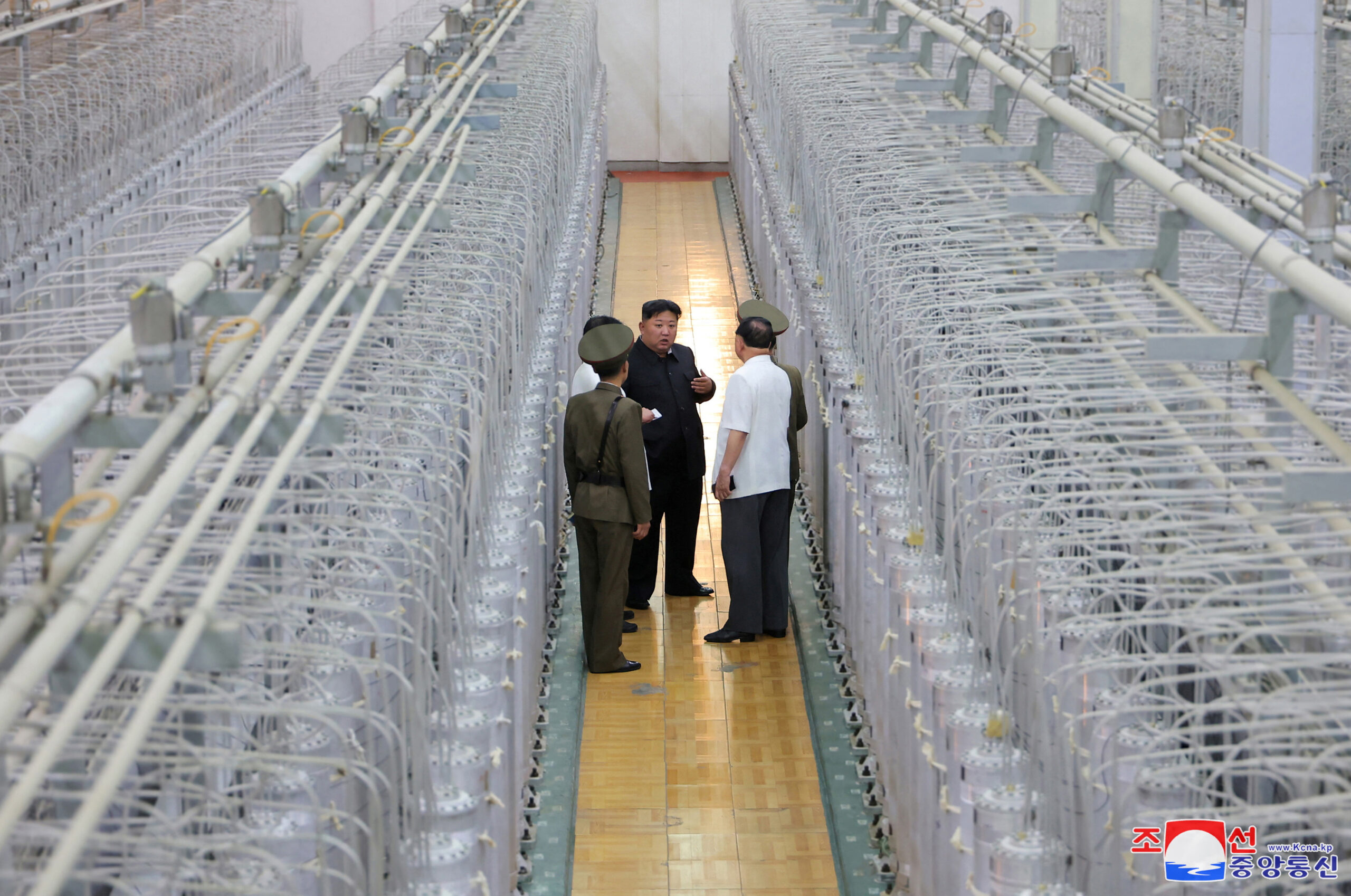When thinking about repressive regimes where people “disappear”, that work their own people to death and have some seemingly absurd policies, North Korea usually comes to mind first. Much less known is its close runner-up and African counterpart: Eritrea.
Eritrea is a relatively small and very poor nation located at the eastern coast of Africa with a total population of four and a half million. Having gained independence only in the early 90s, it has been ruled by the same party under the same president ever since – and hasn’t seen a single national election in the 26 years of its existence.
The country ranks at the bottom end of most indices. In the Reporters Without Borders’ annual report on press freedom, Eritrea ranks second to last, only ahead of North Korea. The NGO calls the country “a dictatorship in which the press has no rights”. Freedom House places the country en-par with the DPRK, but also Turkmenistan and Uzbekistan. The government’s attitude towards any form of freedom in the country is summed up nicely in a quote by president Issayas Afeworki: “Those who think there will be democracy in this country can think so in another world”.
Under the ruling – and only – political party (the People’s Front for Democracy and Justice, PFDJ), Eritrea is a highly militarized society. Views that don’t fit to the country are not tolerated, and in September of 2001 all free press was shut down, though conditions were tough prior. In the crackdown, the leading journalists of all independent newspapers were arrested and imprisoned without a trial, and remain in solitary confinement to this day, with former guards having reported that half have died. The government does not recognize the freedoms of assembly and association, and according to Freedom House “Rule of law is flouted, arbitrary detention is commonplace, and citizens are required to perform national service, often for their entire working lives.”
The national service is the main reason that drives countless young Eritreans to turn their back on their home country. By law, every Eritrean is required to serve in the military for 18 months, however in reality these terms are often extended indefinitely. The conscripts are frequently used for the completion of government-backed construction projects, agriculture, or ways personally benefiting the generals, commonly without sufficient pay. Abuse, torture, and general arbitrarity are commonplace within the armed forces of Eritrea, as they are in the prisons of the country. So much so that Human Rights Watch warns that the practice of endless conscription may amount to the crime of slavery.
Those aged between five and 50 years are prohibited from traveling abroad, and anyone trying to leave the country is at risk of arbitrary detentions. A “shoot-to-kill” policy is in place for anyone attempting to cross the border with Ethiopia, which Eritrea seceded from just over a quarter of a decade ago following a bloody civil war.
Protests in the heart of Asmara!#Eritrea
#ارتريا
#ارتريا#الربيع_العربي#يوم_الغضب #ኤርትራ#ReleaseHajMusa#Oct31pic.twitter.com/50x1Hb1FQJ— ሰውራ ኤርትራ ثورة ارتريا (@Eritrea_Revolt) October 31, 2017
At time of writing of this article, reports reached the internet of rare protests breaking out in the Eritrean capital, with the US Embassy reporting gunfire.
According to Amnesty International, Eritrea has thousands of political prisoners and prisoners of conscience, including members of unrecognized religions, activists and former politicians, who continue to be detained without a charge or trial and neither have access to their family members, nor or a lawyer. Many of them have been detained for well over a decade.
As the constitution of 1997 has yet to be implemented (as has the election law of 2002), Eritrea is one of the few countries without a constitution. It should go almost without saying at this point that the country also lacks an independent judiciary.
The Committee to Protect Journalists (CPJ) estimates that of all sub-Saharan countries, Eritrea has the largest number of imprisoned journalists. Within Eritrea, there is little help for them – the mere existence of national NGOs is not permitted. Even government officials aren’t immune to prosecution if they dare criticise the way things are going; eleven former high-level officials who criticized Isaias’s rule nave been arrested and imprisoned since 2001.
Despite these grave human rights violations, some of the harshest reactions from the international community that Eritrea had to face so far were in response to trade with North Korea.
What’s more, January 2016 saw the European Union close a 200-million-Euro (220-million USD) deal with Asmara, with seemingly little consideration for the situation in the country. The European Union is hoping to get help from the country in slowing refugee flows – playing directly into the hands of the regime, as a large number of Eritreans continue to flee from indefinite military conscription and the government’s human rights abuses.
A 2016 report of the United Nations Human Rights Council (UNHRC) found that the “government continued to enforce indefinite military service and was responsible for arbitrary detention, torture, rape, murder, persecution, imprisonment in violation of international law, and enforced disappearances” and called the situation in the east-African nation “systematic and gross human rights violations that may amount to crimes against humanity.”
Though the human right situation is not unlike that in North Korea, the crimes executed by this regime are much less publicly known, and they don’t seem to stop western companies and governments from doing business with the country. With lacking recognition of the horrible human rights record and not enough actions being taken to limit the regime’s strength and aim for a transition to something better, president Isaias Afwerki and his party will likely stay in power for many years to come.


